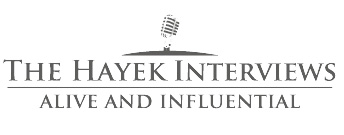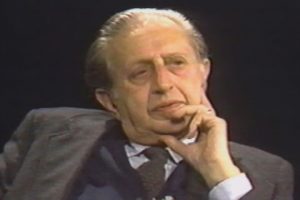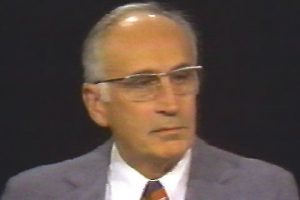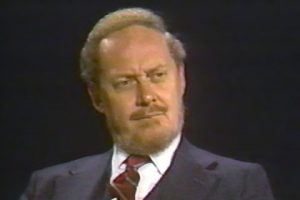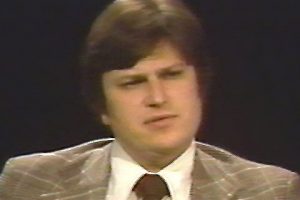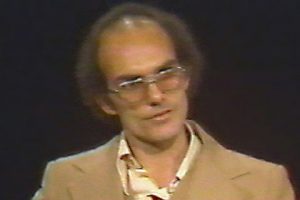Axel Leijonhufvud (Part I)
About this video
Axel Leijonhufvud interviews Friedrich A. Hayek (Part I)
Dr. Hayek speaks with Dr. Axel Leijonhufvud primarily about his academic career and intellectual pursuits. First Dr. Hayek tells of his eclectic course of study at university, including law and psychology, in addition to the role of environmental influences. The various academic discussion groups in Vienna and London are described, including the major participants and topics. The Austrian School of Economics is defined, as well as its connections with libertarianism. Later, Dr. Hayek talks about the role of government in private enterprise, against the minimum wage, and the private provision of money. When the government controls the money supply, Dr. Hayek describes how it becomes a tool of the politicians and is not sustainable in the long run. The Road to Serfdom is given special attention, as it was the springboard to his future studies in political science. Finally, Dr. Hayek explains what he sees as the three sources of human values.
Credits
More Interviews
Axel Leijonhufvud (Part I)
About this video
Axel Leijonhufvud interviews Friedrich A. Hayek (Part I)
Dr. Hayek speaks with Dr. Axel Leijonhufvud primarily about his academic career and intellectual pursuits. First Dr. Hayek tells of his eclectic course of study at university, including law and psychology, in addition to the role of environmental influences. The various academic discussion groups in Vienna and London are described, including the major participants and topics. The Austrian School of Economics is defined, as well as its connections with libertarianism. Later, Dr. Hayek talks about the role of government in private enterprise, against the minimum wage, and the private provision of money. When the government controls the money supply, Dr. Hayek describes how it becomes a tool of the politicians and is not sustainable in the long run. The Road to Serfdom is given special attention, as it was the springboard to his future studies in political science. Finally, Dr. Hayek explains what he sees as the three sources of human values.
